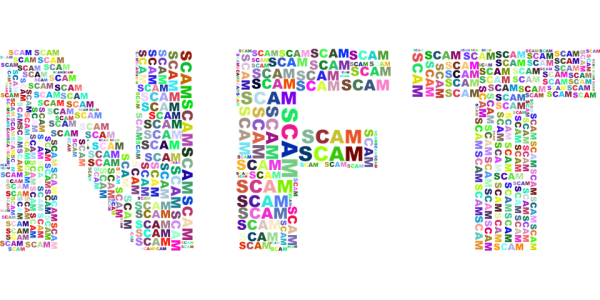March 30, 2023
By Anjali Kochhar
An Israeli diplomat delivering greetings in eight languages to audiences around the world in their native tongues is just the beginning of how artificial intelligence (AI) can be used as a tool to augment the venerable practice of diplomacy.
Earlier this year, Ambassador David Saranga, head of the digital diplomacy division at the Foreign Ministry, posted videos on Twitter in which his likeness delivered a message in Arabic, Chinese Mandarin, Persian, Greek, Hindi, Portuguese, Russian and Turkish. Saranga does not speak these languages but wanted to encourage dialogue.
“I always wanted to communicate with you in the Turkish language, a language I heard in my childhood at my father’s house,” Saranga’s likeness said in the video addressing Turkey.
“Now this is possible thanks to Israeli artificial intelligence technology, which allows me to speak in any language.”
Saranga was using a generative AI video program developed by Tel Aviv-based D-ID that can generate digital human-like multi-language-speaking avatars, making Israel one of the first countries to utilise AI in its digital diplomacy activities, according to the ministry.
“We understand that there is a revolution right now, that the entire digital sphere is changing,” Saranga told The Times of Israel
. “And therefore, we are encouraging our people – and when I say our people I mean the embassies and the diplomats and so on and so forth – to dive into the AI world in order to see how we can use it for the public.”
The ministry claims it was among the first in the world to join TikTok in 2022, where demographics tend to skew young. “When it comes to public diplomacy, you find the public as soon as possible or you approach the public as soon as possible, which means even when they are teenagers, even before they set up their minds. And this was our thought at the very beginning, that we want to approach also the younger generation, because they consume news on TikTok.”
Yaniv Levi, VP of product marketing at D-ID, told The Times of Israel that there are limits placed on the type of content that can be uploaded to the speaking portrait technology, including bans on nudity, profanity, and the use of famous politicians’ likenesses.
Additionally, D-ID said that it is “dedicated to using its powerful technology for ethical, positive purposes,” including social impact campaigns, such as raising awareness about issues like domestic violence, HIV, and Holocaust education.
D-ID is also making strides in the metaverse, where users can create avatars to interact in the virtual world.
“We are metaverse-ready. Our products are already being used there, primarily for educational purposes,” Perry said. “Looking ahead, we aim to constantly improve the quality and control users have over the digital people they create.”
This month, D-ID unveiled a platform that allows users to simulate face-to-face conversation with AI-generated digital humans.
About the author
Anjali Kochhar covers cryptocurrency stories in India as well as globally. Having been in the field of media and journalism for over three years now, she has developed a sharp news sense and works hard to present information that goes beyond the obvious. She is an avid reader and loves writing on a wide range of subjects.



